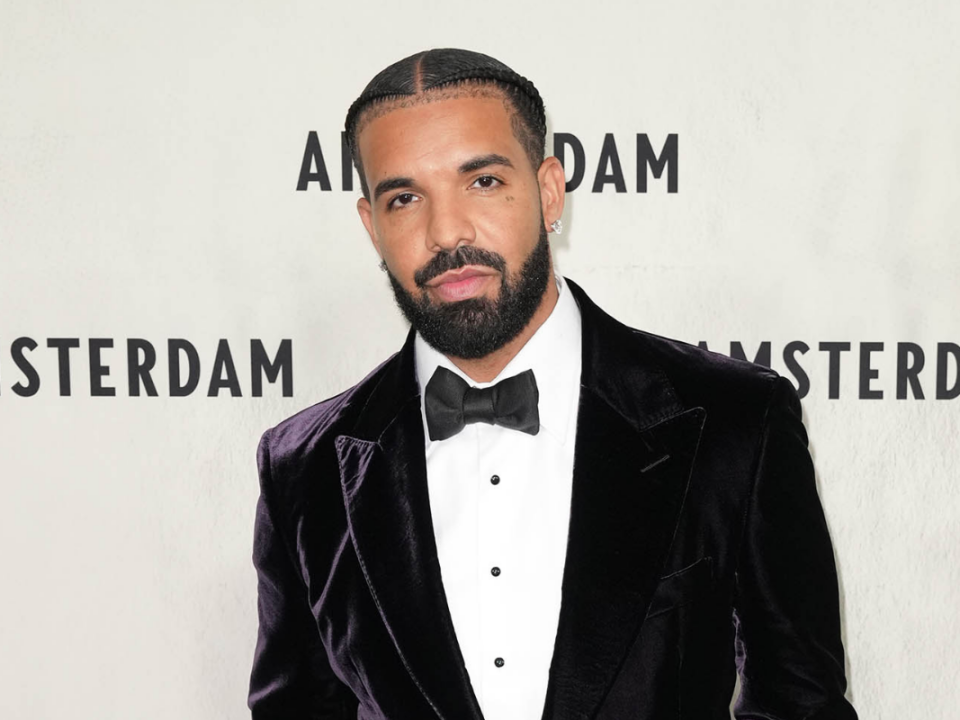Rapper Drake is being sued again.
This time it is by Ghanaian rapper Michael Eliot Kwabena Okyere Darko, also known as Obrafour. Obrafour is suing Drake, OVO Sound, Republic Records, and the Universal Music Group for no less than $10 million in damages.
According to Modernghana News, the Canadian chart-topper sampled his “Oye Ohene (Remix)” without permission, prompting this recent copyright infringement lawsuit.
Court records say Drake’s lawyers did try and get clearance on June 8 and again on June 13 of last year, saying only “Hi confirming you received this email thanks [sic]’”
However, the elements of the song he wanted to use in his song “Calling My Name” were not cleared.
On June 17th, even without getting the blessing from the artist and his label to use the sample, the song appeared on the Grammy Award-winner’s seventh studio album “Honestly Nevermind.”
In court documents obtained by our platform, Micheldeangelou Perfvwaybelayou—who goes by the rap moniker Angelou Skywalker—accused Drake of stealing his song “Reach For Skies” for “Way 2 Sexy.”
He claimed Drake’s label, Universal Music Group, had access to his song when he uploaded it to the UMG-owned site, Spinnup.
In December, a judge determined there weren’t enough similarities between the two songs to warrant a victory.
“The court finds that while Plaintiff does allege ownership of a valid copyright, he does not allege facts to show Defendants’ access to Plaintiff’s song nor substantial similarity,” the docs read. “The court grants defendants’ motion to dismiss plaintiff’s complaint in its entirety.”
It continued: “The common short words that Plaintiff emphasizes in both his and Defendants’ songs are not protectable elements of his work. They are similar to––and in some instances, more ubiquitous than––other words and phrases that courts have held not to be protectable. Here, common words like ‘sexy,’ ‘yeah,’ ‘kickin’,’ ‘okay,’ ‘action,’ ‘scenes,’ ‘where,’ ‘been,’ ‘today,’ ‘make,’ and ‘hundreds,’ among others that Plaintiff emphasized, are not protectable, nor is a phrase like ‘wa-pow.’”
Obrafour’s lawsuit seems to be very different. It is clear the artist wanted to use a portion of the original material, email those wishes but jumped the gun and put it out without written permission.
